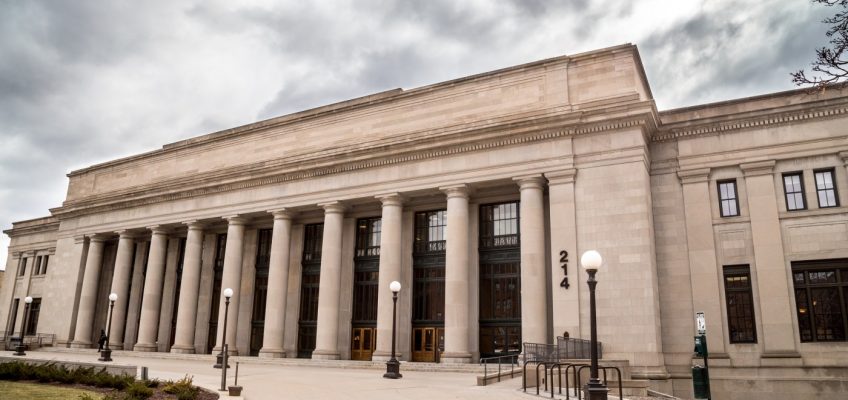Chinda Gregor’s first memory is of the jungles in her native Cambodia where she hid with her mother from the genocidal Khmer Rouge regime, which seized power as the American war in neighboring Vietnam entered its final days in 1975.
After narrowly escaping execution, the pair fled the country after the regime fell nearly four years later. They joined thousands of other refugees from Southeast Asia who immigrated to Minnesota in the wake of the Vietnam War.
Fifty years after the fall of Saigon, their stories will be highlighted during a two-day commemoration of the war’s end at Union Depot in St. Paul this weekend.
“I really want people to know why the Southeast Asian community is here,” said Gregor, who is now a teacher at Bloomington Public Schools. “The Cambodian genocide happened because of the Vietnam War.”
This weekend’s commemoration, which was organized by the Minnesota Humanities Center and the Minnesota Historical Society, will weave together the distinct yet related experiences of four local Southeast Asian communities — Hmong, Lao, Cambodian and Vietnamese — with those of U.S. military veterans to tell the complex story of the war and its aftermath.
“It still reverberates in people’s lives here in Minnesota and throughout the country,” MHC CEO Kevin Lindsey said of the Vietnam War. “You see people still carrying some of the scars.”
Two days of events
This weekend’s free events will feature performances by Hmong, Lao, Cambodian and Vietnamese dancers, musicians and storytellers. Food vendors also will be selling Southeast Asian cuisine.
The programming will run from noon to 7 p.m. on Saturday and 10 a.m. to 5 p.m. Sunday. A full schedule can be found on the MHC website.
MHC and MNHS brought together members of four local Southeast Asian communities and U.S. military veterans to help plan the weekend’s events.
Among them was Larry Johnson, who served as an Army medic in Germany during the Vietnam War and now volunteers with the Minnesota-based Veteran Resilience Project.
Johnson said he hopes the commemoration will raise awareness of the service of Southeast Asian veterans who fought alongside U.S. troops during the war but were long denied the recognition and benefits afforded to American service members.
“They’re still fighting for that recognition,” Johnson said. “That’s a travesty in my opinion.”
Each day’s programming will be anchored by a film screening and panel discussion, Lindsey said.
Saturday’s events will begin with “America’s Secret War,” a Twin Cities PBS documentary about the American military campaign into Laos during the Vietnam War and the Hmong troops who fought for the U.S. Minnesota is now home to the largest Hmong population in the country.
Sunday’s film will be another Twin Cities PBS documentary called “A Time to Heal,” which explores the service of women who worked as nurses during the Vietnam War.
Related Articles
Today in History: October 30, Gerald Ford tells New York City ‘Drop Dead’
Today in History: October 29, ‘Black Tuesday’ signals start of Great Depression
In the ‘City of Souls,’ the living don’t fear the dead
Today in History: October 28, Statue of Liberty dedicated in New York
Today in History: October 27, ‘Curse of the Bambino’ reversed
Lindsey said the experiences of Minnesota’s Southeast Asian immigrants offer lessons for the United States as the country welcomes refugees from more recent wars.
Gregor, who also served on the event’s advisory committee, said she hopes those who attend the commemoration will come away with a greater willingness to “give people grace and not judge people by the color of their skin.”
“We work hard,” she said of refugees. “We came with nothing. This is our country, this is our home now.”


Leave a Reply